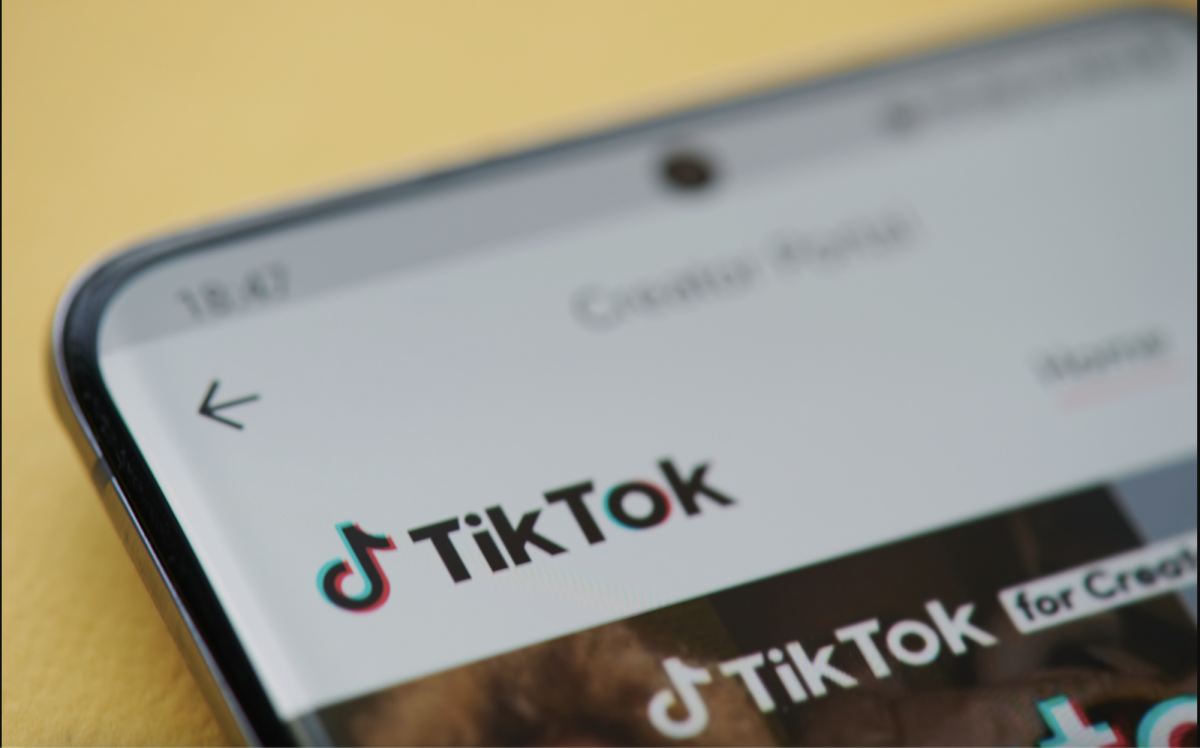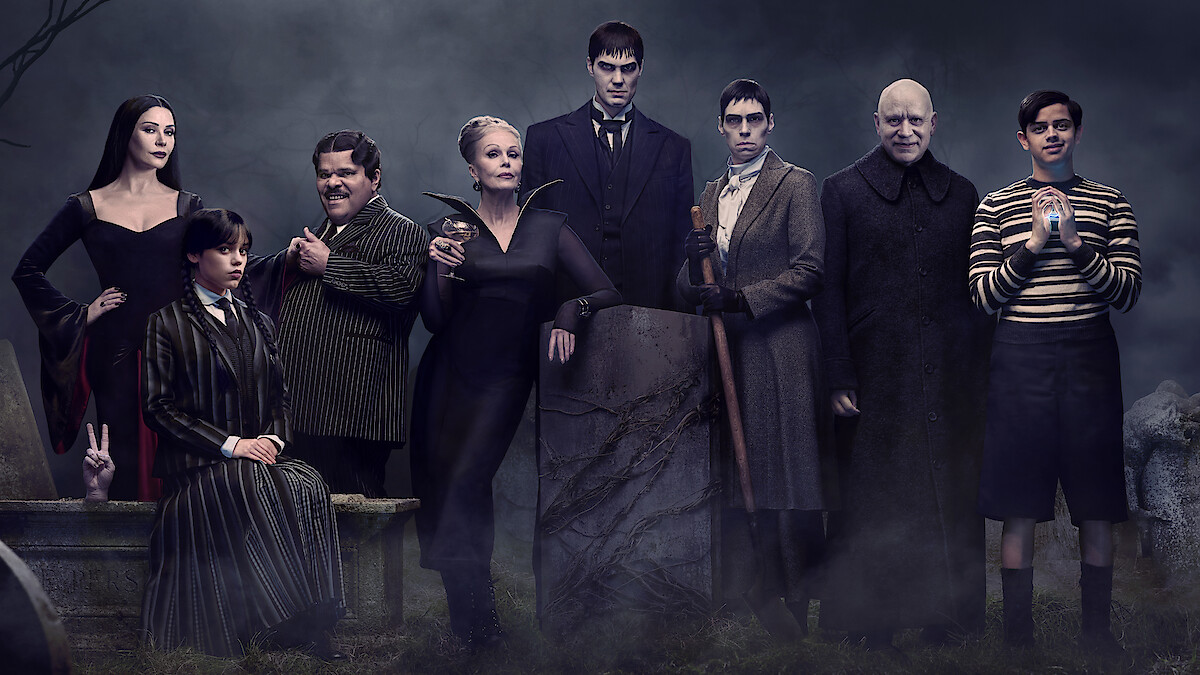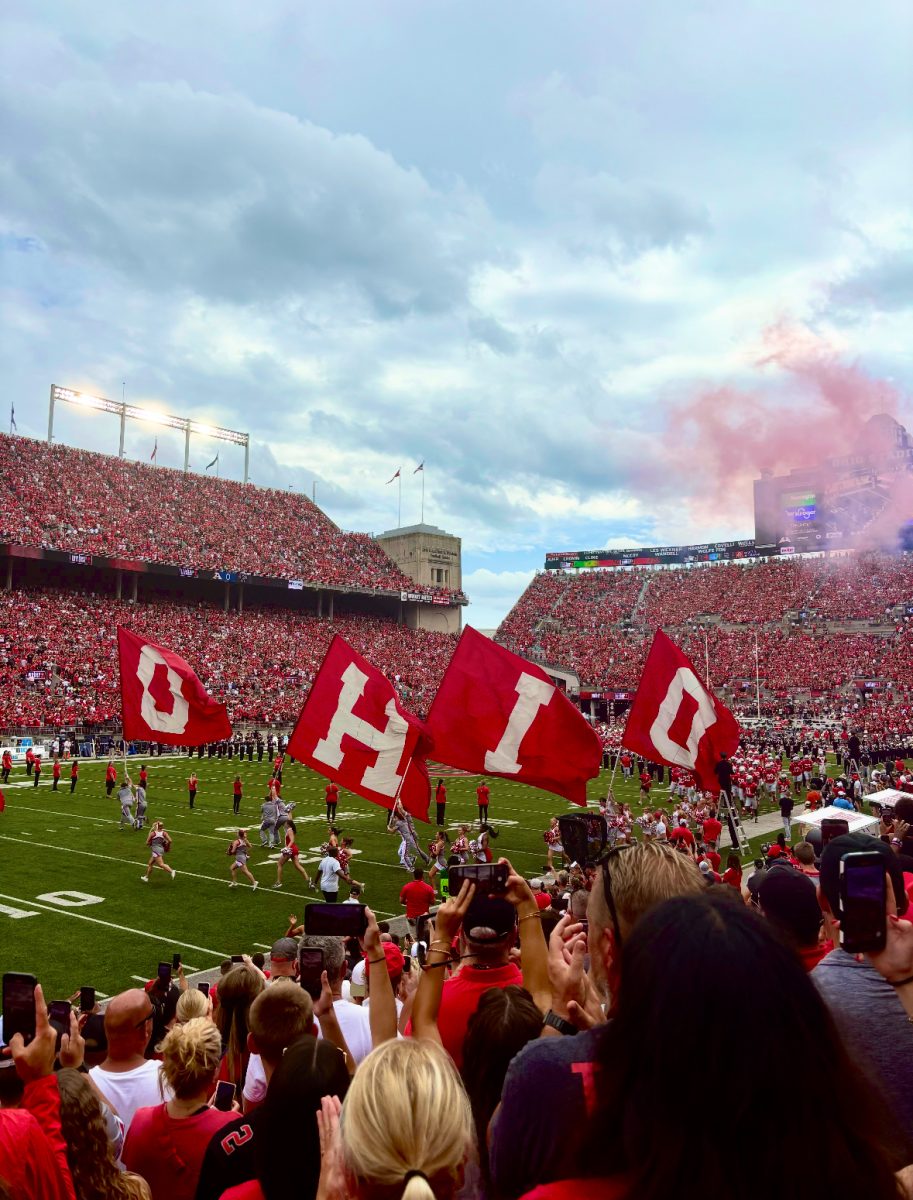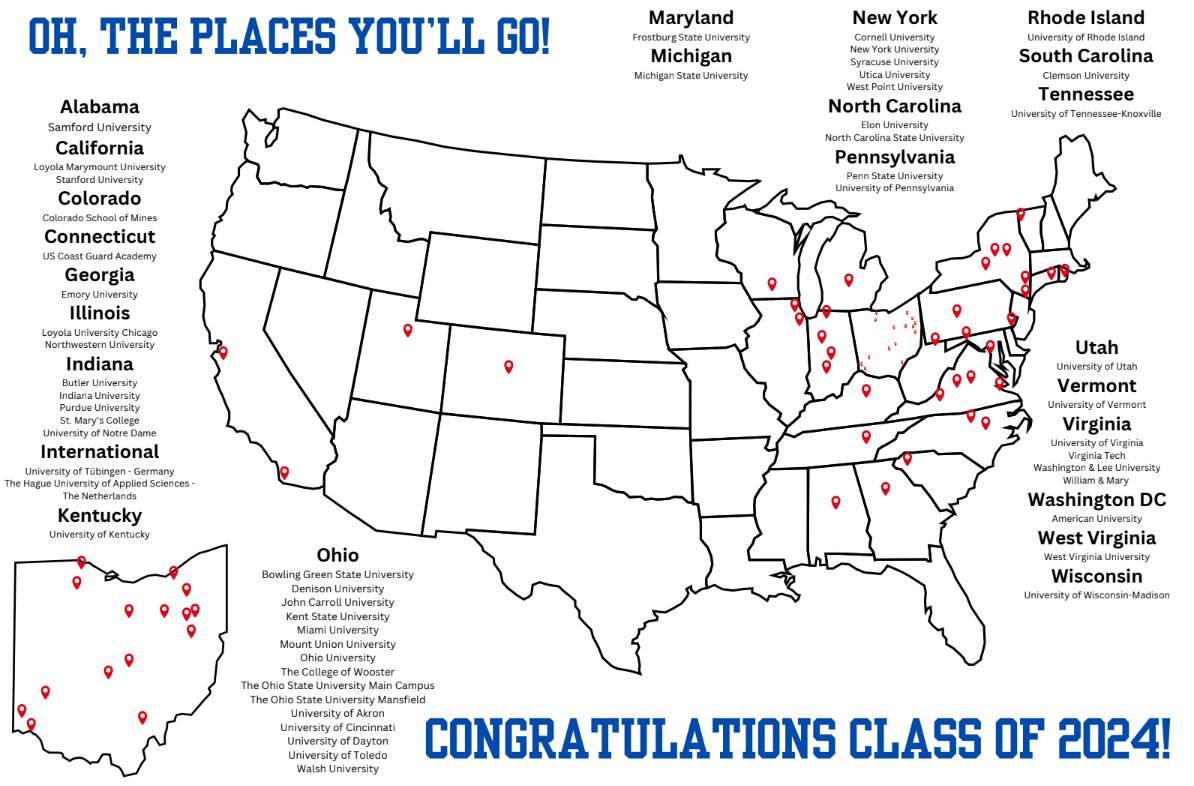The Apple TV original Severance revolves around Mark Scout, a middle-aged man plagued with grief after losing his wife, undergoing the severance procedure – a fictional surgery that separates a person’s work memories and their personal memories.
Behind the masterful directing of Ben Stiller and the jaw-dropping performance from Adam Scott, Severance is not just a brilliant psychological thriller, but a harsh social commentary on the American obsession with work.
In the Severance universe, Mark Scout is often criticized by his peers for having been severed.
But, in reality, I fear that no one would protest the severance procedure.
On January 30th, Tiktok user @/myemtv posted a video that struck a chord with the Severance fanbase.
“I think the thing that scares me the most about the TV show ‘Severance’,” she starts. “Is that I know (…) if the severance procedure was real, I would get it. I would get it 100%.”
This sentiment was backed by many other users. Is Severance a sci-fi dystopia or simply a terrifying prophecy?
Either way, the implications of the Severance series extend far beyond its fictional universe, and exemplify America’s pressing need for a discussion on work/life balance.
So, why are Americans obsessed with work?
Many Americans lack the time and energy for hobbies outside of their careers. According to an article from Medium, “when researchers surveyed Americans before 2011, about half said they almost never had time on their hands, and two-thirds said they (…) always felt rushed.”
Add on the fact that the United States is, “the most overworked developed nation in the world,” according to the International Labour Organization, and it becomes even clearer that the issue with overwork isn’t simply poor time management, but also a lack of expendable energy for activities outside of the workplace.
Furthermore, activities that are actively pursued outside of the workplace are often encouraged to become careers. The definition of a hobby has considerably shifted in the 21st century. An article from the Michigan Daily agrees, saying that, “hobbies (…) were an escape from work. Using the incentive of a career as a reason to adopt a hobby shows just how much the meaning and purpose of hobbies have changed.”
Additionally, work is deeply woven into an individual’s personal identity.
CNBC discusses this phenomenon, stating, “[the] belief that work and being a worker is at the core of someone’s identity (…) is prevalent throughout the U.S.”
The rise of ‘workism’ – the perspective that work should extend beyond economics and into personal identity and purpose – has convinced many individuals that work should trump all other facets of life as a whole. The changing dynamic between work and self is taking a monumental toll on Americans.
Moreover, work is also deeply woven into the United States’ national identity. The idea that hard work leads to success is synonymous with the so-called “American Dream.”
However, achieving the “American Dream” is becoming nearly impossible due to the deep-rooted corruption and exploitation of workers by American corporations (another theme that is heavily discussed is Severance). Simply put, capitalism relies on the productivity of the working class, and corporations are more concerned with their profits than their workers’ health.
American media promotes a similar ideology.
“Society pressures citizens to avoid wasting time, to work more, and to get more tasks accomplished,” explains UCA News. “We idolize icons of productivity such as billionaires, celebrities, and entrepreneurs, and we are faced with an overwhelming amount of ‘motivational’ content encouraging us to increase productivity at work. It glamorizes workaholism.”
Just think of the common ‘hustle culture’ slogans: “Rise-and-grind,” “The grind never stops” and “Sleep is for the weak.” The rampant promotion of overwork and the widespread idea that productivity equates to success creates an environment where putting your personal life before your work life is the subject of scrutiny.
If wealth equals success, someone who doesn’t dedicate their life to work is considered unsuccessful.
The absence of proper discussions concerning work-life balance is an American issue. While not specifically limited to our nation, the ramifications of obsession with work are increasingly prevalent in the United States.
American workers put in 400 more hours annually compared to other developed countries, like Germany and the United Kingdom. In addition, full-time workers throughout the EU get more paid time off than Americans.
In conclusion, Severance is one of the most nuanced commentaries on work in modern day media simply because it is anti-work.
That’s truly all it takes. A popular show that is anti-workism, anti-corporation, and anti-selling-your-soul-to-your-career, is practically unheard of.
In the subreddit r/SeveranceAppleTVPlus, a user expresses the feeling of inadequacy when watching Severance.
“Y’all are out here crafting 10-page dissertations on the hidden symbolism of a hallway light,” the user starts. “While I’m just sitting here like: ‘Damn, work sure does suck.’”
“To be honest,” another user replies. “For all of the brilliant acting, writing, and (…) cinematography of this show, my biggest takeaway is that, ‘Damn work sure does suck.’ Yes. Yes, work sucks. You nailed it.”
It’s that simple anti-work notion that can make all of the difference to American society.
An article from the New Yorker agrees, “It would take an effort on all fronts of American life to change these deep-seeded beliefs. Policy changes that mandate paid time off, for example, could help (…). Perhaps a more nuanced conversation about work-life balance could as well.”
Severance has started a conversation that needs to be continued. Surgical memory division aside, the show is more rooted in reality than some may realize.
Let’s defy the harmful mindset America has grown dependent on.



























